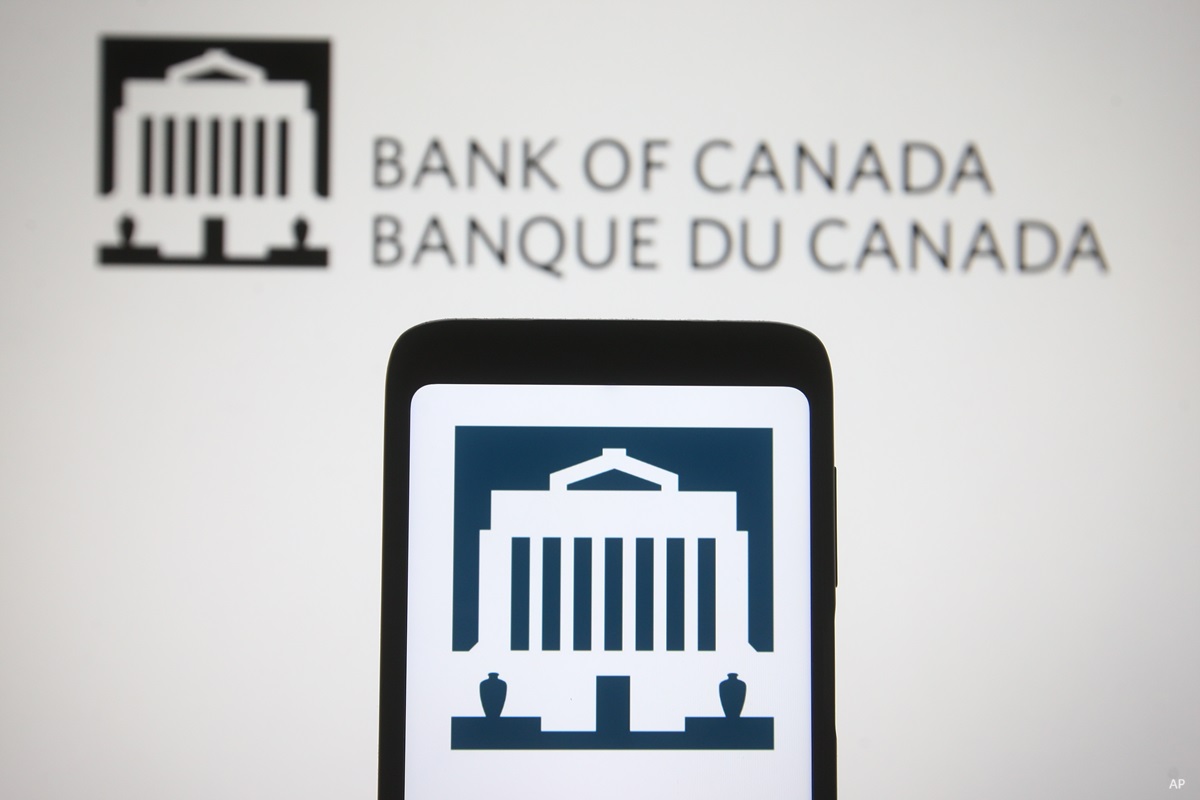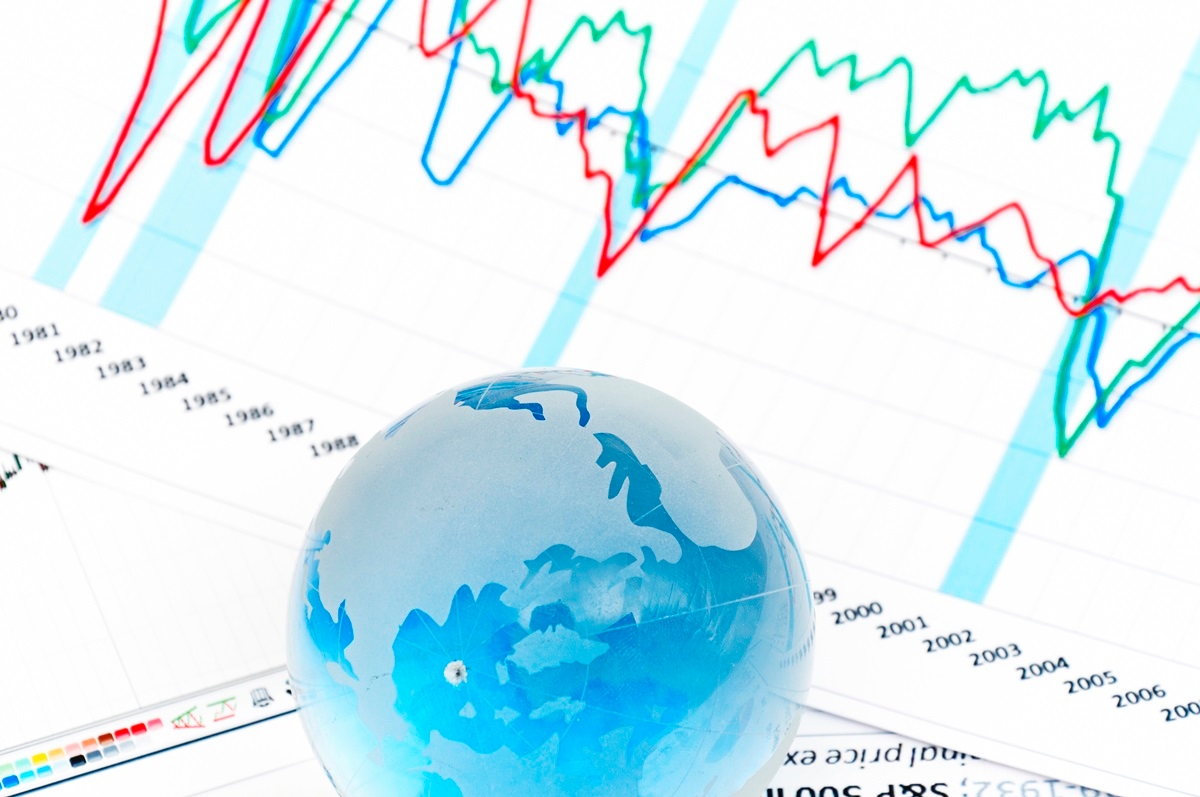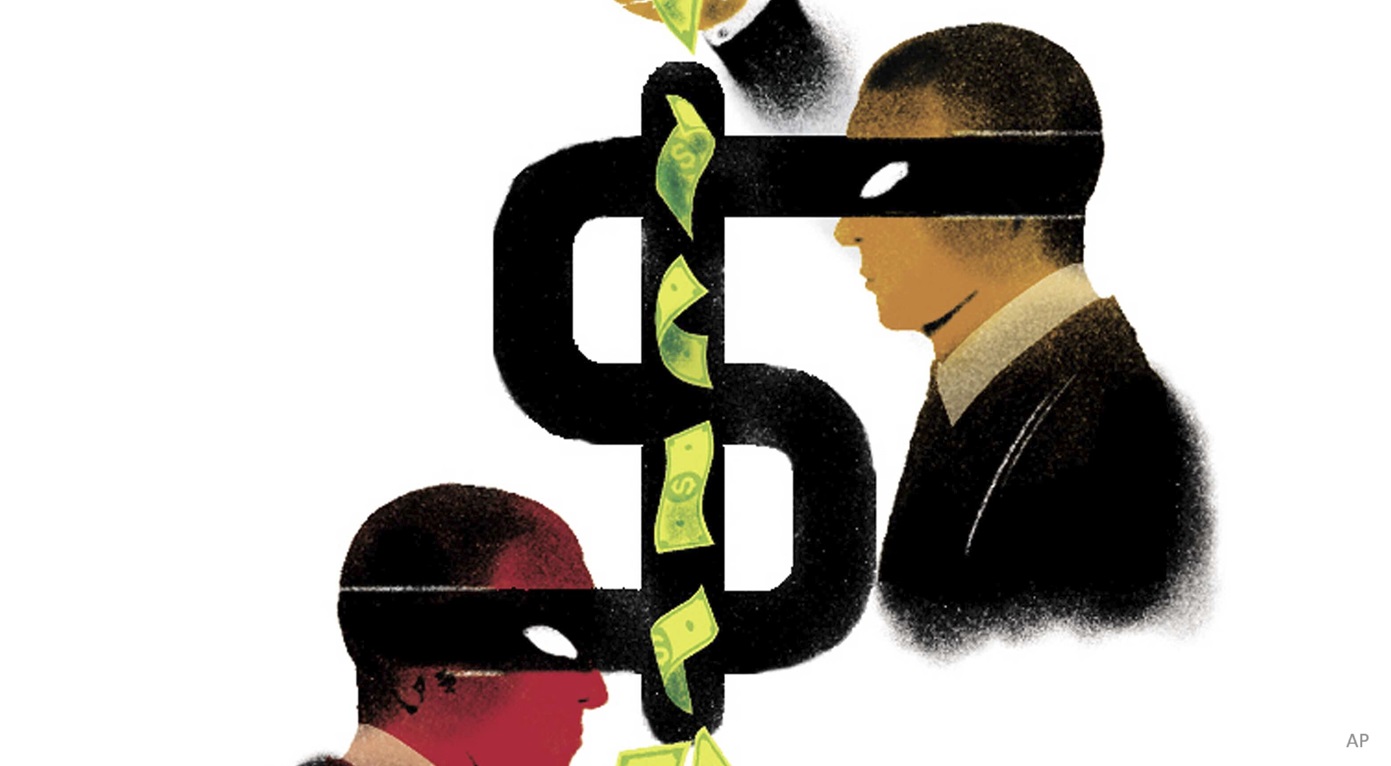Ruth Saldanha: When discussing emerging markets, we tend to speak about them as a homogenous soul. However, each market is unique with distinct characteristics and market triggers. With me to discuss two emerging markets that don’t receive much attention, Thailand and the UAE is Regina Chi, Portfolio Manager at AGF Investments. Regina, thanks so much for joining us today.
Regina Chi: Thanks for having me.
Saldanha: Let's start with the UAE. Why do you like that country right now?
Chi: Sure. The UAE is the second largest country in the GCC. It has the sixth largest proven oil reserves, and this is a country that's been improving their GDP growth from sub-1% in 2017, improving to over 3% in 2019. This has been really driven by the improvement of the oil price from the lows of Brent oil price in 2015, 2016 when it was under $30. UAE also has a unique position of having a fiscal surplus as well as a current account surplus. And so, the country has defended very well in emerging markets because they haven’t had the same amount of EM FX currency volatility.
Saldanha: How do you think this country is going to react with volatile oil prices. Do you see that as being a problem going ahead?
Chi: We don’t think it's going to be problem any more. It was a problem in 2014 and 2015, we think that the recent OPEC decision keeps oil price supportive from here and in addition UAE has more non-oil revenues and that's going to help them going forward.
Saldanha: Another country you like with a current account surplus is Thailand. Tell us what you like about that country right now.
Chi: Sure. Thailand is another country that’s also in a very favorable current account surplus and so this country has also defended very well in EM FX volatility. This is also a country that’s going to shift from being manufacturing led, to seeing a very strong domestic led recovery. This is going to be driven by the government's efforts to improve the Eastern Economic Corridor, the EEC. And this is an area where the government plans to drive infrastructure growth as much as $50 billion and we should see a number of countries interested in investing in Thailand.
Saldanha: What sectors do you like the most for Thailand in 2019?
Chi: Sure. The main sectors that we are playing are actually energy as well as banking sector. So, we own three stocks there; KBank which is the third-largest private bank listed in Thailand. And we also own two energy stocks which are actually performing quite well with the oil price recovery, PTTEP as well as Thai Oil.
Saldanha: Thank you so much for joining us with your perspectives, Regina.
Chi: Thank you.
Saldanha: For Morningstar, I'm Ruth Saldanha.










:quality(80)/cloudfront-us-east-1.images.arcpublishing.com/morningstar/Q3KIND5VXRCNHHH6JQHCCYBSSA.png)








